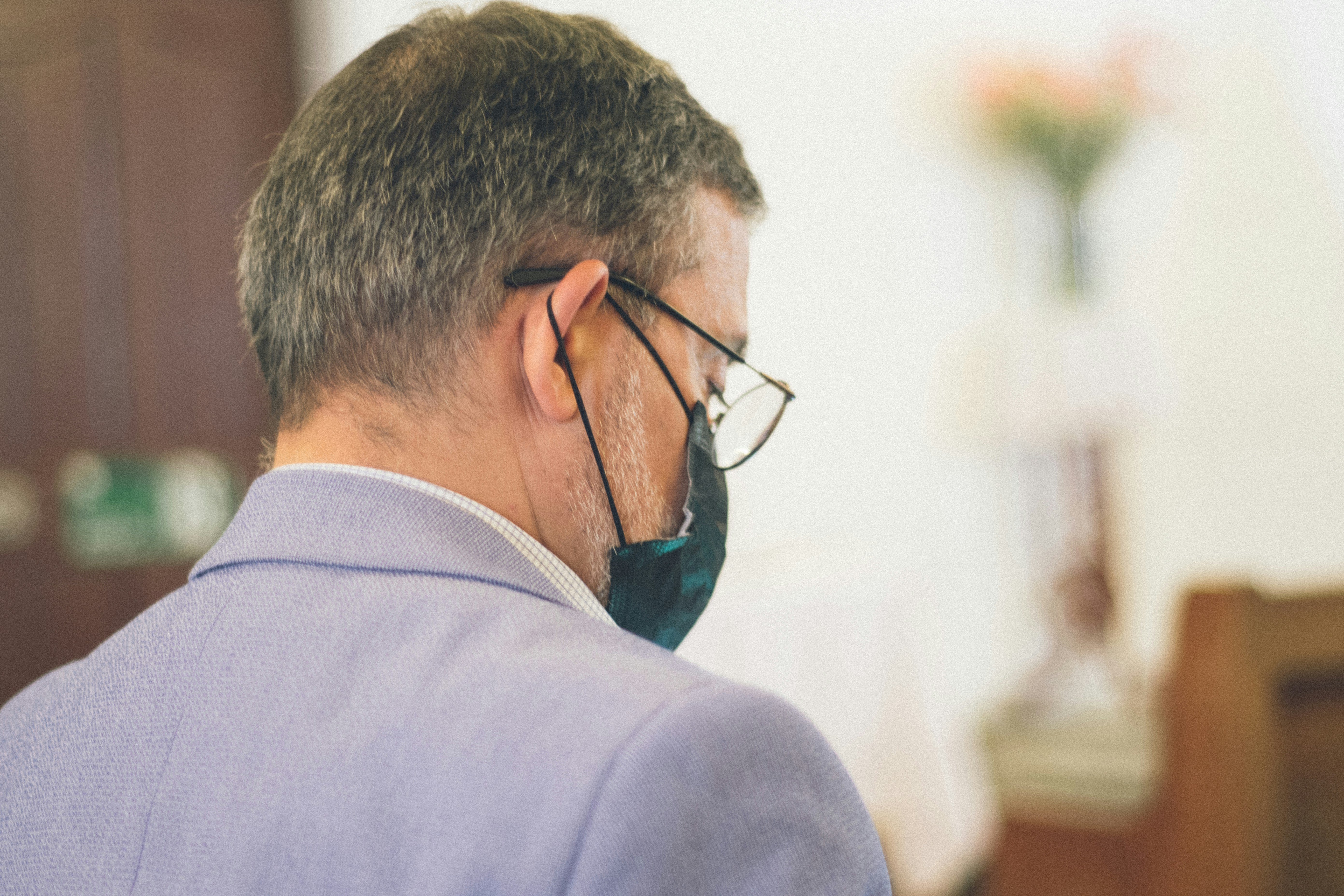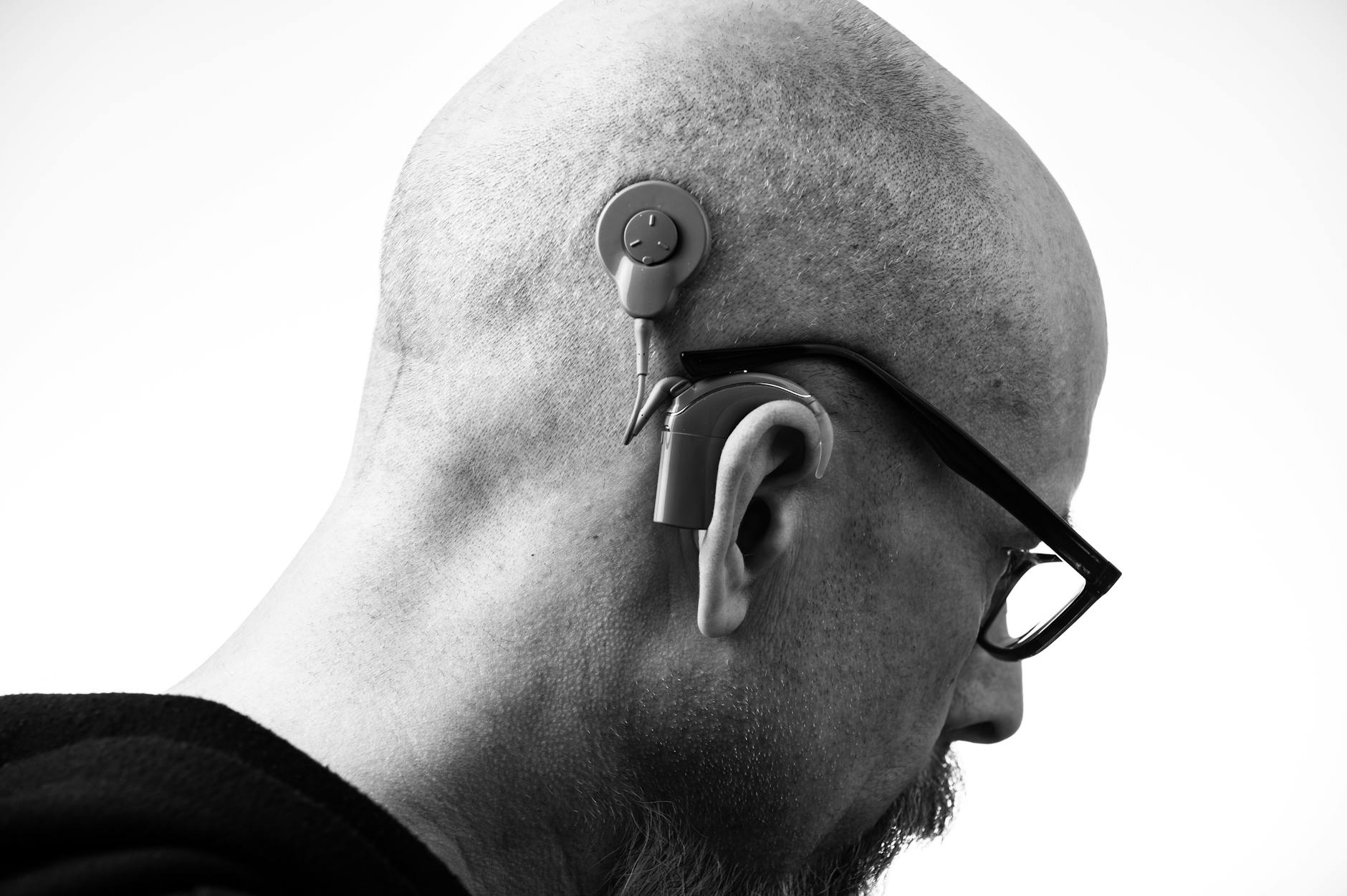If one ear suddenly went quiet, treat it like a true urgent care moment. It’s scary, it’s disorienting, and—good news—rapid, evidence‑based steps can improve your odds of better hearing. This guide walks you through what to do today, how to spot common mimics like earwax, what the clinic visit looks like, and how to protect your hearing going forward. No panic, just a clear plan.
If your hearing suddenly dropped, act today
Sudden hearing loss often shows up as a “pop,” muffled or blocked ear sensation, or an abrupt shift in how loud speech and everyday sounds feel—usually in one ear. You might notice new ringing (tinnitus), sound distortion, or imbalance. Sometimes there’s no pain at all, which is part of why people wait. Please don’t.
The 48-hour window (why time matters)
Sudden sensorineural hearing loss (often called “sudden deafness”) is typically a problem in the inner ear or the hearing nerve, not the eardrum. Many cases are idiopathic (no clear cause), but early treatment—especially corticosteroids started as soon as possible—can improve the chance of recovery. Research and national health agencies emphasize that starting treatment within days is best, and benefit can still exist up to about two weeks. Earlier is better; today beats tomorrow.
First steps you can take right now
- Call an audiologist or ENT (ear, nose, throat) clinic and use the words: “sudden hearing loss in one ear, started [today/yesterday]. I need a same‑day hearing test.”
- If you can’t be seen same day, go to urgent care or an emergency department that can coordinate an urgent audiogram and ENT referral.
- Do not put anything in your ear (Q‑tips, ear candles, oils). Don’t start old antibiotics. Avoid high noise exposure.
- If a clinician suspects earwax, let them remove it safely. If it’s not wax and the eardrum looks normal, push for a same‑day audiogram and ENT input.
- If you already take prescription meds, don’t stop them without guidance. Bring a list to your appointment, including any recent new meds.
Gentle nudge: This article is not a diagnosis. If your ear just went quiet, please prioritize an in‑person evaluation today.
Sudden hearing loss or just a clog? Clues you can notice (but don’t self-diagnose)
Knowing the patterns can help you advocate for care—just remember that only an exam and audiogram can tell for sure.
Common “conductive” causes (outer/middle ear)
- Earwax: Fullness, muffled sound, sometimes itching; often after swimming or showering; may improve instantly after safe removal.
- Middle ear fluid or Eustachian tube dysfunction: Pressure changes with swallowing/yawning, recent cold/allergy flare, airplane travel; voice may sound “boomy” in your head.
- Ear infection: Pain, fever, or ear drainage (though adults can have subtle infections too).
Clues leaning inner ear/nerve (sudden sensorineural)
- Sudden, painless drop (often noticed upon waking or after a “pop”).
- New tinnitus (ringing, hissing) or sound distortion.
- Vertigo or imbalance can accompany it, but not always.
- Normal ear exam (no wax, healthy eardrum) but poor hearing on testing.
Bottom line: If symptoms are sudden, one‑sided, and not clearly explained by wax or infection, push for same‑day testing and ENT review.
What to expect at the clinic
Knowing the steps reduces anxiety and helps you get the most from your visit.
- History and ear exam: Your clinician will ask when it started, any recent illness, head injury, loud noise, new medications, and other symptoms (tinnitus, vertigo, facial weakness). They’ll check for wax and look at the eardrum.
- Same-day hearing test (audiogram): This measures air‑ and bone‑conduction thresholds and word recognition. It’s the quickest way to distinguish a conductive issue from sensorineural loss.
- Initial treatment: If the audiogram suggests sudden sensorineural hearing loss and your eardrum is intact, clinicians often prescribe corticosteroids. Some people receive oral steroids; others may be offered intratympanic steroid injections (medicine placed through the eardrum into the middle ear) immediately or if oral steroids aren’t possible.
- Imaging and labs (sometimes): An MRI may be ordered to rule out uncommon nerve pathway issues (like a vestibular schwannoma). Blood tests may be considered based on your history (autoimmune markers, infections, or vascular risk).
- Follow‑up audiograms: Repeat testing tracks recovery and guides next steps.
All treatments have potential risks and benefits. Your ENT or audiologist will tailor recommendations to your health history and preferences. If you’re unsure, it’s okay to ask, “What is the expected benefit if we start today? What if we wait? What are alternatives?”
How recovery unfolds (and what if it doesn’t)
Some people improve within days; others recover partly over weeks. Earlier treatment is linked with better odds. But even if hearing doesn’t snap back, there’s meaningful help.
If hearing stays reduced
- Hearing aids: For partial losses, modern devices can reduce listening effort, improve clarity, and help tame tinnitus.
- CROS/BiCROS systems: If one ear hears poorly and the other is good, these systems route sound from the “bad” side to the “good” ear to reduce the “head shadow” effect in conversation.
- Bone-anchored solutions: For single‑sided hearing, implantable or headband options transmit sound through bone to the better ear.
- Cochlear implant (including single‑sided deafness in select adults): If the ear meets criteria, implants can restore access to sound and improve spatial awareness and tinnitus for some.
- Tinnitus care: Sound therapy, hearing aids with tinnitus features, and counseling‑based approaches can make the ringing far less intrusive.
Ask your audiologist to walk you through these choices. A brief demo in the clinic can help you “feel” the difference.
Protect the hearing you have
Whether your hearing rebounds or not, protecting both ears is a smart lifelong habit.
- Turn noise down, walk away, wear protection: Use high‑fidelity earplugs at concerts and noisy workplaces; keep personal audio below 60% and limit long sessions.
- Heart‑healthy is ear‑healthy: Manage blood pressure, diabetes, and cholesterol with your primary care team; don’t smoke; move your body regularly.
- Medication talk: Some drugs can stress the inner ear. Never stop a needed medication on your own, but ask your prescriber whether alternatives exist if you’re concerned.
- Vaccinate and treat infections promptly: Respiratory and ear infections can affect the middle and inner ear.
Emotion matters: you’re not overreacting
Sudden hearing changes can feel isolating and scary. It’s normal to worry about work, driving, socializing, and that new tinnitus tone. You are not alone, and support helps.
- Tell your inner circle: Ask family and coworkers to face you, speak clearly, and reduce background noise when possible.
- Use tech to lower effort: Try live captions during meetings or on video calls. Many smartphones and laptops have excellent built‑in options.
- Seek community: Local hearing loss groups and online forums offer practical tips and emotional support.
- Ask for a plan: Before you leave the clinic, request a written summary: diagnosis under consideration, medication plan, follow‑up date, and who to call if symptoms change.
Quick checklist you can screenshot
- Sudden one‑sided drop? Call an audiologist/ENT and request a same‑day audiogram.
- No appointment? Go to urgent care/ER that can coordinate ENT follow‑up.
- Don’t self‑treat with Q‑tips, ear candles, or leftover meds.
- If wax is removed and hearing is still down, push for immediate hearing testing.
- Ask about treatment timeline, benefits, and alternatives; earlier is better.
- Schedule follow‑up testing, and discuss hearing rehab if needed.
One last nudge: If this sounds like you—or someone you love—please get evaluated today. An audiologist or ENT can be your best ally in the crucial first days.
Further Reading
- Sudden Hearing Loss Needs Speed: Treatments and the Critical Window (Treatment) - When Medicines Hurt Hearing: Your Ototoxicity Playbook (Hearing Loss) - Sudden Hearing Loss? Don’t Wait—The 72‑Hour Window That Can Save Your Hearing (Hearing Loss) - When Sound Fades Overnight: The Hearing Emergency You Should Never Ignore (Hearing Loss)Frequently Asked Questions
Is sudden hearing loss an emergency?
It’s not usually life‑threatening, but it is time‑sensitive. The sooner you’re evaluated (ideally same day) and, if appropriate, started on treatment, the better the odds of recovery. If you can’t see an audiologist or ENT quickly, go to urgent care or an emergency department.
Could this just be earwax?
Maybe—and that’s why an exam matters. Wax and middle‑ear fluid can cause sudden muffled hearing, especially after colds or swimming. If your ear is clear and the eardrum looks normal but hearing is still down on the audiogram, clinicians will consider sudden sensorineural hearing loss and discuss next steps.
Should I take leftover steroids or antibiotics I have at home?
No. Don’t start any prescription without medical guidance. If sudden sensorineural hearing loss is suspected, a clinician may prescribe steroids and will tailor the dose, timing, and monitoring to your health history.
Will flying or loud events make it worse?
If you’re in the middle of an unexplained hearing drop, avoid loud noise and postpone non‑essential flights until you’ve been evaluated. Your clinician can advise based on the exam and hearing test.

